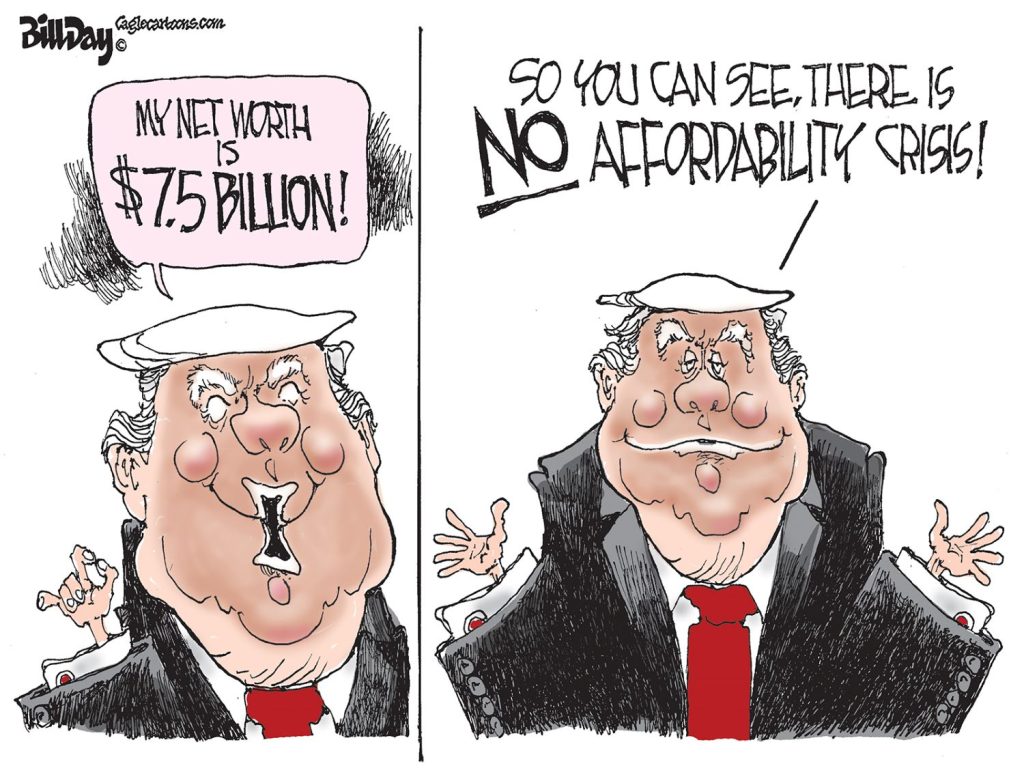As you know if you’ve read our past posts about the MPO, we consider its current structure unrepresentative because it is weighted to the suburbs and it is racially unbalanced. As a result, the organization has poorly served the city at its core and its negative impact on Memphis will continue until it is reformed. We received the following notice from our friend Dennis Lynch, Sierra Club Tennessee Chapter Transportation Chair and Sierra Club Chickasaw Group Chair, about an important meeting regarding the certification of the Metropolitan Planning Organization (MPO). Here’s Mr. Lynch’s email: The Memphis MPO’s Certification is up for review. There will be a public meeting on the subject next Tuesday, May 19th, 2015, 5:30-7:00pm. Location: in Germantown, which is a bit surprising! Seems to me they don’t really want public attendance at their meeting. (The location is served by public transit). .. address: Economic & Community Development Bldg, 1920 S.Germantown Road, Germantown I intend to make a presentation expressing my concerns about and asking for certain changes to the organization and the plans of the MPO. I will ask for more than 2 minutes. OR, I may ask to consolidate time from others who attend (meaning I add their minutes to mine). Some of the issues that I intend to highlight are: 1. Voting structure gives Memphis virtually no power (even though it is 58% of the region’s population). 2. The ByLaws which define the voting structure were changed last Spring in a manner which violated their own Bylaws (Let me know if you want the details…) 3. The revised ByLaws allow changes to the Bylaws to be made at one meeting, with little opportunity for a coalition to be built to defeat a proposed change. 4. The representation on the MPO does not reflect the diversity of the region- Most significantly, there is only one African-American on the MPO’s Transportation Policy Board (the decision-making body of the MPO), when the region’s population is __% African-American (Shelby County is 52% African-American.) 5. The MPO only makes minimal efforts to get public awareness of their meetings, or of the significant dollars they control (over $100 million per year). 6. The MPO’s planning process and analysis used in developing the Long Range Plan, which is currently under development, has significant shortcomings, and will result in a plan which is severely flawed. 7. The MPO’s “Citizen’s Advisory Committee” was made inactive a few years ago, and was officially disbanded a year ago. The current ByLaws do not have a clear definition and process to ensure integrated public involvement in the planning process. There is a Public Participation Plan, but it is weak in numerous ways. For example, one very specific weakness is that their internal performance measures don’t measure “attendance at public meetings” 8. The MPO’s public outreach efforts are very weak, and do very little to consider and include the needs of neighborhoods. … I could go on…
About The Author
Related Posts
2 Comments
Latest Bill Day Cartoon

by Bill Day. Memphian Bill Day is two-time winner of the RFK Journalism Award in Cartooning. His cartoons are syndicated internationally by Cagle Cartoons. Cartoons Archive →
Subscribe to Posts via Email
Search Posts
About Smart City Memphis
Since 2005, this has been Smart City Consulting’s blog with the aim of connecting the dots and providing perspective on issues and policies shaping Memphis. Editor and primary author is Tom Jones, City Journal columnist at Memphis magazine, author of two books and a museum exhibition, and consultant on public policy and strategic planning. He has written articles for MLK50, The Commercial Appeal, and USA Today. The blog was called one of the most intriguing blogs in the U.S. by the Pew Partnership for Civic Change; The (Memphis) Commercial Appeal said it “provides some of the most well-thought-out thinking about Memphis’ past, present, and future you’ll find anywhere,” and the Memphis Flyer said: “This incredibly well-written blog sets out to solve the city’s ills – from the mayor to MATA – with out-of-the-box thinking, fresh approaches to old problems, and new ideas.” If you have questions, submissions, or ideas for posts, please email Tom Jones, at tjones@smartcityconsulting.com.





Since transportation is typically second only to housing in cost to households (particularly middle- and low-income hh), we need serious changes in the make-up and orientation of the MPO. The core city is seriously disadvantaged by today’s MPO.
So how did the structure of the MPO get established like this in the first place?